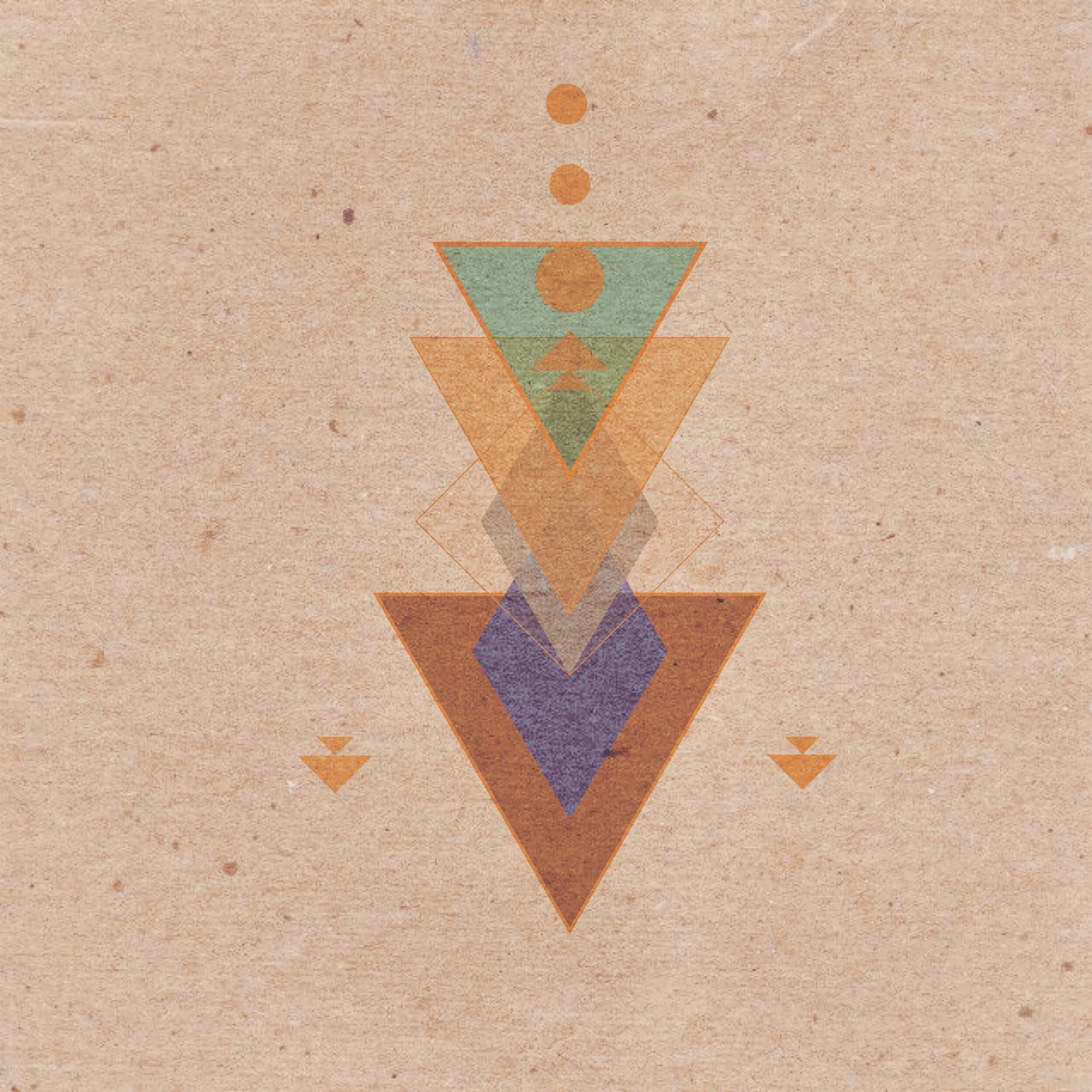You can support this podcast and enjoy bonus content and access to the Kind Mind studio and virtual meetings by becoming a patron at https://www.patreon.com/kindmind
Are people more skeptical than ever? Or are certain groups more skeptical than others when it comes to science, religion or certain knowledge? When is it good and when is not good to be skeptical?
The word "skeptic" has origins in ancient Greece and the philosophy of Pyrrho. It is derived from the root sound "spek" which meant to look but more specifically to inquire and reflect.
Skepticism has evolved to simply mean doubt, which has its benefits and costs. Trust and doubt is regulated by the ventromedial prefrontal cortex in the brain, which tends to decline beyond 60 years of age.
This is consistent with reports from the National Institute of Justice estimating that 12% of adults over 60 are exploited in financial crimes each year. It also explains why highly intelligent patients with injury to this brain region are more likely to fall victim to seemingly obvious online scams.
But when it comes to skepticism in the broader sense, perhaps we could upgrade our lenses. Generally speaking, we tend to be skeptical of anything that falls outside our worldview and overly welcoming towards that which resides within it.
With subtle meliorating, we can exchange some of our near-sightedness for far-sightedness when it comes to our outlook on life and the nature of things in order to strike a healthier balance that is cautiously optimistic, happily dissatisfied and taking our own thoughts with a grain of salt.
Music “Sunset Serenade” by Ethereal Ephemera and episode artwork on website by Emily Dawn.















